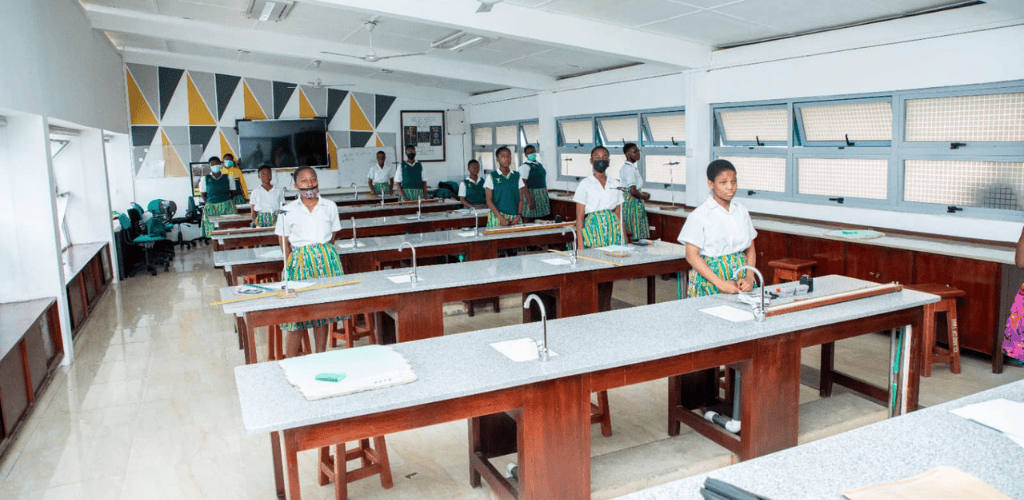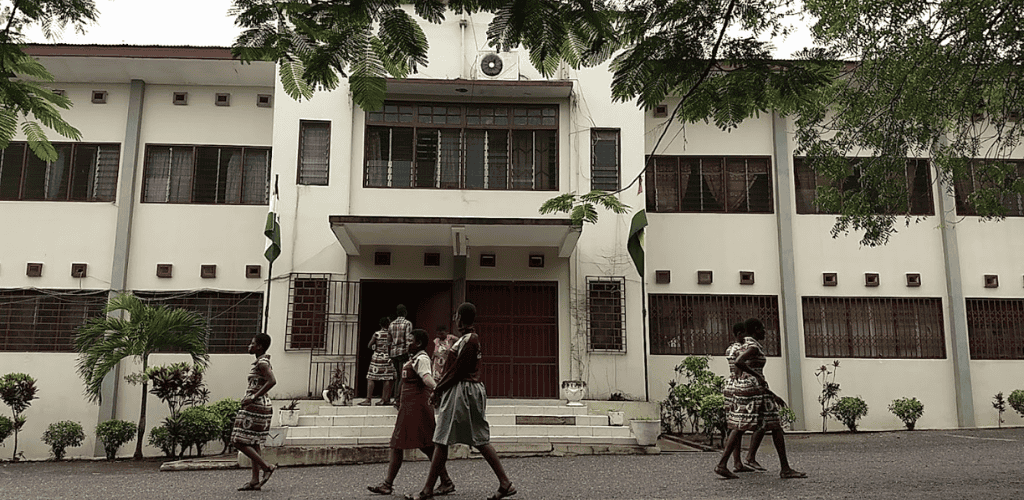Key takeaways
- WASSCE is a standardized exam for final-year secondary students in Ghana, The Gambia, Nigeria, Liberia, and Sierra Leone.
- It covers up to eight subjects (four core, three or four electives), with exams including multiple-choice, theory, practicals, and oral tests for Languages.
- Results are graded alphanumerically from A1 (highest) to F9 (lowest).
In this guide, we provide insight into the West African Senior School Certificate Examination (WASSCE) structure, registration process, grading system, and more.
What is WASSCE?
WASSCE is an annual exam for final-year secondary school students in Ghana. It is organised by the WAEC examination board, which also conducts and awards certificates to member countries—Nigeria, Sierra Leone, Liberia, and The Gambia.
In Ghana, the WASSCE replaced the Senior Secondary School Certificate Examination (SSSCE) in 2006. While the SSCE grading system used letter grades (A to F), WASSCE introduced an alphanumeric system from A1 (Excellent) to F9 (Fail).
The WASSCE timeline has evolved over the years. For School Candidates (WASSCE SC), the exam was traditionally held in May and June; however, following the COVID-19 pandemic, it shifted to August and September.
For Private Candidates (WASSCE PC), commonly called Nov/Dec, is actually written in September and October. It now has two series: the first from January to February and the second from October to December.
Structure of WASSCE
Depending on the category of exam you’re writing, the structure of WASSCE varies.
Students writing WASSCE as school candidates must take four core subjects—English Language, Mathematics, Integrated Science, and Social Studies—and three or four elective subjects, depending on their course of study.
For private candidates, students must take at least one core subject and/or at least one elective subject from the course of their choice. The maximum number of subjects a candidate is allowed to write is eight.
Below are the courses and their respective subjects for WASSCE school candidates:
| Course of study | Compulsory elective(s) | Optional electives |
| General Arts | – | Geography, History, Government, Literature in English, Ghanaian language, Christian Religious Studies, Economics, ICT, Elective Mathematics, French, Arabic, Islamic Religious Studies, West Africa Traditional Religion |
| General Science | Elective Mathematics | Biology, Chemistry, Physics, French/Music, Geography, General Agriculture, Elective ICT |
| Business | Business Management, Financial Accounting | Principles of Cost Accounting, Elective Mathematics, Economics, French/Music, Elective ICT |
| Visual Arts | General Knowledge-In-Art | One each from the following groups:
|
| Home Economics | Management-In-Living | One each from the following groups:
|
| Technical studies | Technical Drawing | Elective ICT, Electronics, Building Construction, Chemistry, Woodwork, Physics, Applied Electricity, Auto Mechanics, Metalwork, French |
| Agriculture | General Agriculture | One of the following:
One/two of the following:
|
The WASSCE employs both objective and subjective formats:
- Objective questions (Paper 1): This usually consists of multiple-choice questions and typically lasts 40 to 1 hour and 30 minutes.
- Essay-type questions (Paper 2): This usually lasts 1 to 3 hours, depending on the subjects.
- Practical exams (Paper 3): For subjects like Physics, Clothing and Textiles, Ceramics, and Technical Drawing. The time and duration vary but lasts an hour to 6 hours.
- Oral exam (Paper 3): This usually lasts 45 minutes and is designed to evaluate candidates’ proficiency in spoken communication in English and French.
How is WASSCE graded?
The WASSCE is graded on a scale of A1 to F9, with each grade corresponding to a range of scores:
| Grade | Score range (%) | Description |
| A1 | 75-100 | Excellent |
| B2 | 70-74 | Very Good |
| B3 | 65-69 | Good |
| C4 | 60-64 | Credit |
| C5 | 55-59 | Credit |
| C6 | 50-54 | Credit |
| D7 | 45-49 | Pass |
| E8 | 40-44 | Pass |
| F9 | 0-39 | Fail |
WASSCE school vs private exams
As you’ve seen from the text above, WASSCE is offered in two main categories: for school candidates and private candidates:
- WASSCE for School Candidates: This category is for students enrolled in accredited secondary schools in Ghana. Their schools handle registration and preparation.
- WASSCE for Private Candidates (Nov/Dec): This category is open to individuals not currently in school or those seeking to retake the exam to improve their grades. Candidates must register directly with WAEC and choose an exam centre.
Tip: If you’re writing the WASSCE for Private Candidates to improve your grades, consider enrolling in a remedial school for tutoring and assistance with the registration process.
How to register for WASSCE?
WASSCE registration is done online and often lasts six weeks. There’s no age limit for WASSCE in Ghana; however, candidates must have completed three years of secondary education.
School candidates
School candidates must be enrolled in their final year of an accredited secondary school in Ghana.
The school’s administration handles registration on behalf of the students by submitting their details, passport photos, continuous assessment scores, and registration fees to the Council office in the school’s region.
Private candidates
For WASSCE PC, the system is open to anyone. To begin the process, you must visit an Internet cafe to capture your biometric details and create an account. Then,
- Go to the WAEC Ghana Registration Portal.
- Select WASSCE Private (first series or second series).
- Select New Registration on the left pane.
- Log in to start the registration process.
Important: You’ll have to upload a scanned copy of a passport-sized photo and your signature. Ensure the signature is sized at 250 x 150 pixels and the photo is 160 x 200 pixels.
- After submission, print the invoice and make payment at a designated bank.
- Re-visit the registration portal to print the Confirmation Page.
After WASSCE, what next?
Upon successful completion of the WASSCE, candidates receive a certificate that qualifies them for various opportunities, including:
- Gain admission to universities and polytechnics or professional training programmes.
- Enter the workforce in roles that require secondary education certification.
- Apply for international scholarships to study abroad.
Results are accessible online through WAEC’s official website.
FAQs
Can a foreigner write WASSCE in Ghana?
Yes, foreigners can register for the WASSCE as private candidates in Ghana.
How do I pass the WASSCE exam?
You can pass your WASSCE exam by studying well before the exams, practising past questions, and optimising the time given to you during the exam.
Conclusion
WASSCE helps shape the academic and professional futures of students in West Africa.
The certificate earned can be used for higher education, employment, and study abroad. Don’t hesitate to contact WAEC for further assistance when you encounter issues.
Share your thoughts and questions in the comments.











